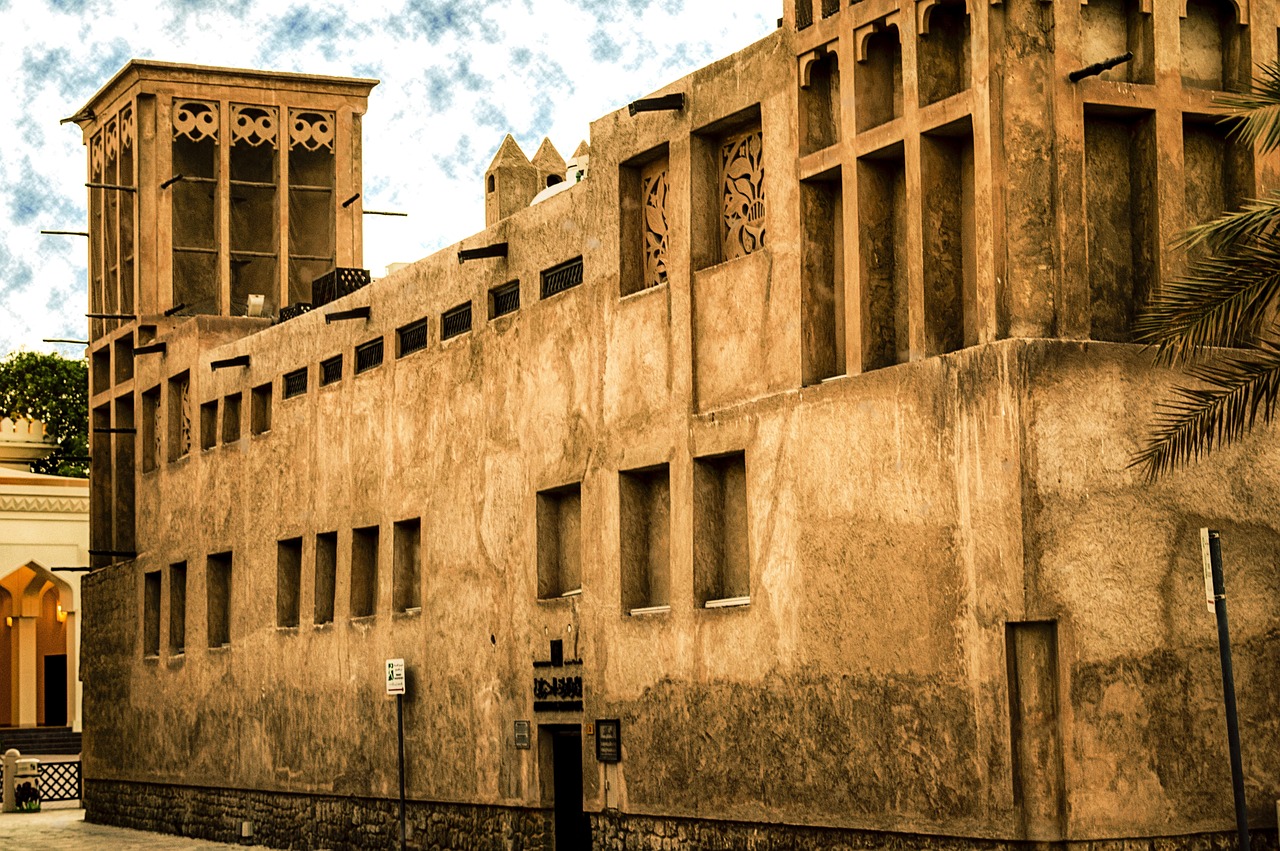Introduction
Dubai, known for its luxurious lifestyle and vibrant economy, is a popular destination for expatriates seeking employment opportunities. Managing finances and payments while working in Dubai requires careful planning and understanding of the local financial landscape. This article aims to provide detailed information and guidance on managing finances effectively in Dubai. From banking options to tax obligations, we will cover various aspects to help expatriates navigate the financial landscape of this dynamic city.
Banking Services
When it comes to managing finances in Dubai, opening a bank account is a crucial first step for expatriates. Several local and international banks operate in Dubai, offering a range of services tailored to the needs of expatriates. Some popular banks include Emirates NBD, Dubai Islamic Bank, and HSBC Middle East.
- Multiple Currency Accounts: Many banks in Dubai offer multiple currency accounts, allowing expatriates to hold and transact in different currencies.
- Online and Mobile Banking: Most banks in Dubai provide online and mobile banking services, enabling expatriates to conveniently manage their finances anytime, anywhere.
- Credit and Debit Cards: Banks in Dubai offer a variety of credit and debit cards with different benefits and rewards.
Having a multiple currency account can be beneficial for expatriates who receive income in different currencies or frequently transfer funds internationally.
These services allow users to check account balances, make payments, and transfer funds with ease.
Expatriates can choose cards that suit their spending habits, such as cards with travel rewards, cashback, or discounts on dining and shopping.
Tax Obligations
Understanding tax obligations is essential for expatriates working in Dubai. Unlike many other countries, Dubai does not levy personal income tax. This means that employees can enjoy tax-free income, allowing them to save a significant portion of their earnings.
- Value Added Tax (VAT): However, it’s important to note that Dubai introduced a Value Added Tax (VAT) system in 2018.
- Double Taxation Agreements: Dubai has signed double taxation agreements with several countries to avoid the double taxation of income.
VAT is applicable to most goods and services in Dubai, with a standard rate of 5%. Expatriates need to be aware of VAT and factor it into their budgeting and spending decisions.
Expatriates from countries with such agreements may be eligible for tax relief or exemptions. It is advisable to consult with a tax professional to understand the specific provisions applicable to your situation.
Cost of Living
Dubai is known for its high cost of living, especially in terms of housing, transportation, and leisure activities. It’s crucial to plan and budget accordingly to ensure financial stability while living and working in Dubai.
- Housing Expenses: Rent typically constitutes a significant portion of an expatriate’s expenses in Dubai.
- Transportation Costs: Dubai offers various transportation options, including taxis, ride-sharing services like Uber and Careem, and a well-connected metro system.
- Leisure and Entertainment: Dubai is famous for its extravagant lifestyle and numerous leisure activities.
It is advisable to research the rental market and consider factors such as location, amenities, and proximity to workplaces or schools before finalizing accommodation.
Expatriates should consider transportation costs when budgeting, as commuting expenses can vary depending on the mode of transport chosen and the distance traveled.
Expatriates should allocate a portion of their budget for entertainment, dining out, and exploring the city’s attractions.
Managing Expenses
To effectively manage expenses while working in Dubai, it is essential to develop a budget and track spending habits. Here are some tips to help expatriates manage their expenses:
- Create a Detailed Budget: Start by listing all sources of income and categorizing expenses.
- Track Expenses: Use mobile apps or online tools to track daily expenses.
- Save Regularly: Set aside a portion of income for savings.
Divide expenses into fixed costs (rent, utilities) and variable costs (groceries, leisure activities) to better understand where the money is being spent.
This allows for better visibility of spending habits and helps identify areas where adjustments can be made.
Having an emergency fund and long-term savings can provide financial security and help achieve future goals.
Insurance Coverage
Securing appropriate insurance coverage is crucial when working in Dubai. Here are some essential insurance policies to consider:
- Health Insurance: Dubai mandates that employers provide health insurance coverage for employees.
- Life Insurance: Life insurance provides financial protection for dependents in the event of the policyholder’s death.
- Vehicle Insurance: If you own a vehicle in Dubai, it is mandatory to have comprehensive vehicle insurance.
Expatriates should ensure their health insurance policy meets the Dubai Health Authority (DHA) requirements and covers their specific needs.
Consider purchasing a life insurance policy to ensure loved ones are financially secure in case of an unforeseen event.
This coverage protects against accidents, theft, and damage to the vehicle.
Investment Opportunities
Dubai offers various investment opportunities for expatriates looking to grow their wealth. Here are some popular investment options:
- Real Estate: Dubai’s real estate market has historically attracted investors from around the world.
- Stock Market: Dubai Financial Market (DFM) and NASDAQ Dubai provide platforms for trading local and international stocks.
- Mutual Funds: Mutual funds offer a diversified investment approach, pooling money from multiple investors to invest in various asset classes.
Expatriates can explore options such as purchasing properties or investing in real estate investment trusts (REITs).
Investors can consider investing in individual stocks or exchange-traded funds (ETFs) to diversify their portfolios.
Expatriates can choose from a range of mutual funds based on their risk tolerance and investment goals.
Retirement Planning
Planning for retirement is crucial to ensure financial security in the long term. Here are some retirement planning considerations:
- Employer Provident Fund: Many employers in Dubai offer a provident fund or pension scheme.
- Private Pension Plans: Individuals can also explore private pension plans to supplement their employer-provided retirement benefits.
- Consult a Financial Advisor: Seeking guidance from a qualified financial advisor can help create a personalized retirement plan.
Expatriates should understand the contribution structure and take advantage of employer matching contributions.
These plans offer flexibility and additional savings options.
A financial advisor can assess individual goals, risk tolerance, and recommend suitable investment strategies.
Estate Planning
Estate planning involves making arrangements for the distribution of assets after one’s demise. Here are some estate planning considerations for expatriates:
- Will Preparation: Drafting a will ensures that assets are distributed according to an individual’s wishes.
- Power of Attorney: Granting power of attorney to a trusted individual allows them to make financial and legal decisions on behalf of the expatriate.
- Beneficiary Designations: Review and update beneficiary designations for various financial accounts, including insurance policies, retirement accounts, and bank accounts.
Expatriates should consult with legal professionals to ensure their will complies with local laws and covers all relevant assets.
This is particularly important for individuals who may be away from Dubai for extended periods.
Ensure that the designated beneficiaries align with the desired distribution of assets.
Conclusion
Managing finances and payments while working in Dubai requires careful planning and understanding of the local financial landscape. Expatriates should consider factors such as banking services, tax obligations, cost of living, managing expenses, insurance coverage, investment opportunities, retirement planning, and estate planning. By being proactive and well-informed, expatriates can navigate the financial aspects of their life in Dubai with confidence.
Dubai Image 1:

Dubai Image 2:

Dubai Image 3:

References
- emiratesnbd.com
- dib.ae
- hsbc.ae
- government.ae
- dubai.ae
- dubaihealthauthority.ae
- dfm.ae
- nasdaqdubai.com

